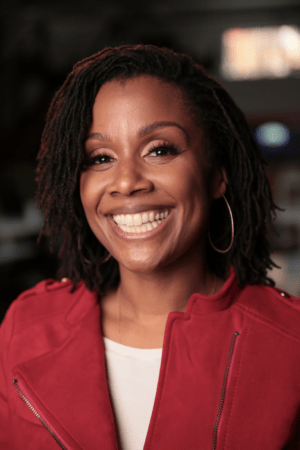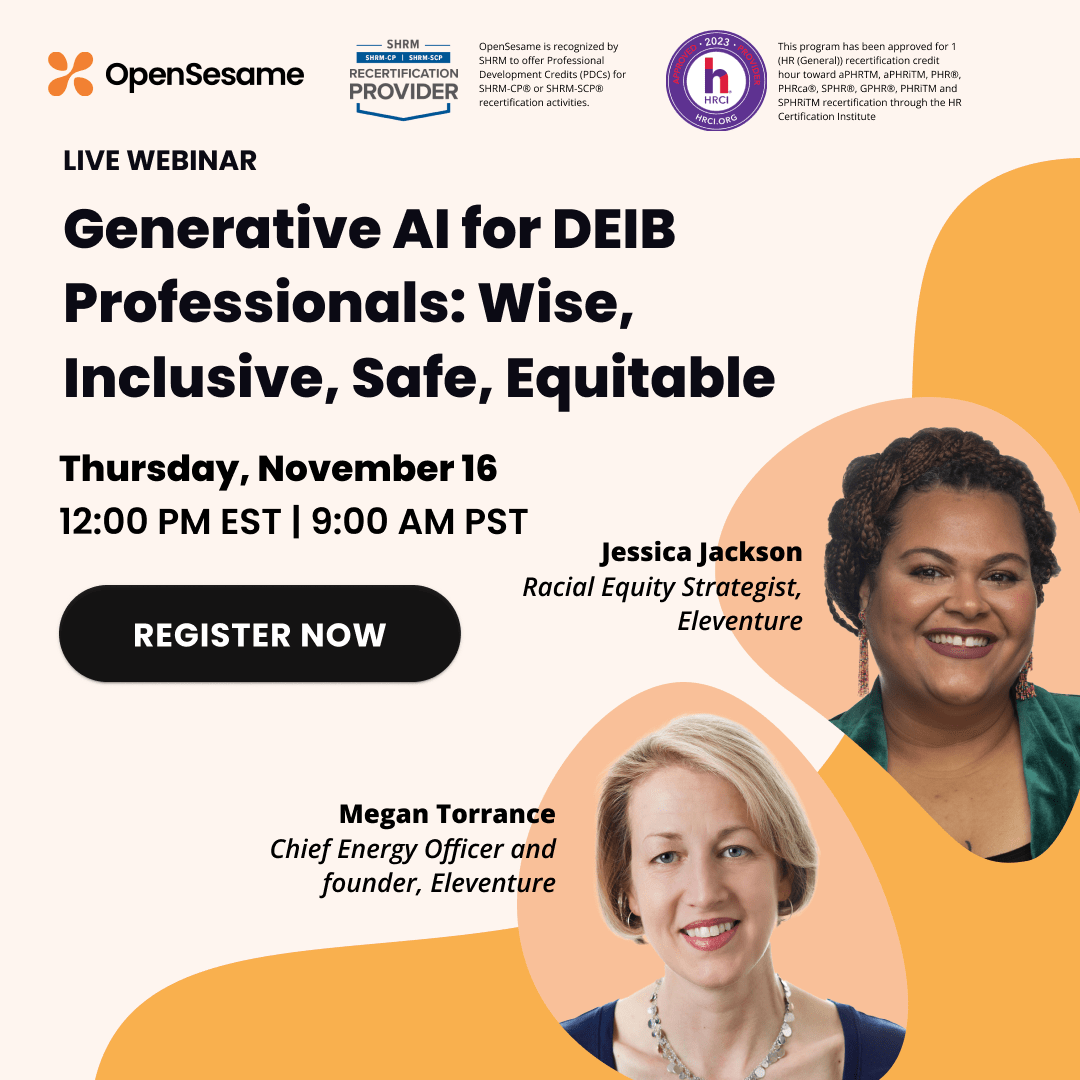As a young girl, whenever I displayed my worst self with my selfishness, impatience, condescension, and unkindness—you know, the behavior parents try to manage and disrupt in their children before adulthood—my wise father would gently, yet firmly say, “Put yourself in someone else’s shoes.” Although I listened, it would take years for me to fully grasp the concept he was conveying: empathy.
Now, as a diversity, equity, and inclusion (DEI) professional, one of my main goals is to teach or remind others to empathize. You don’t have to wear the same shoe size or like the same shoe style. However, what it does require is that you try your best to slip on their shoes and, for a moment, walk in them to the best of your ability. They might feel too loose or too tight, but that’s all part of the experience.
Empathy makes us ask ourselves:
- How would I feel if this happened to me if I were in a similar situation?
- How would I want to be treated if I were them?
- Have I ever experienced a similar emotion that can help me better show support through my actions?
As empathy guru, Brené Brown says in her book Daring Greatly, “Empathy doesn’t require that we have the exact same experience as the person sharing their story with us… Empathy is connecting with the emotion that someone is experiencing, not the event or the circumstance.”
Now more than ever, we need people to practice connecting with others’ emotions. For example, according to a 2021 Gallup poll, even with the ongoing racial tensions in the United States, 42% of U.S. adults rated race relations between Black and White Americans positively. Moreover, due to the pandemic, women are leaving the workforce in droves. 80% of the women surveyed in a Deloitte Global report stated that their organizations have not provided work-life balance during a time of increased pressure, workloads, and responsibility.
These examples highlight how some people are still unaware of others’ experiences, while others have no desire to put themselves in someone else’s position to connect with and understand their feelings. When there is a lack of empathy, it can usually be attributed to the fallacy that our separate existences do not impact each other. However, the truth is that we depend on each other’s existences daily, especially on our jobs and livelihoods. In fact, independent studies show that organizations are more successful and teams perform better in more diverse and inclusive work environments. Some results are higher profits, higher revenue, and higher retention.
As a DEI professional, I often encounter people who fear that they will be made to feel ashamed of their identity, especially when being part of the dominant culture. Empathy does the exact opposite. It maintains the story of the realities some people are facing while reducing shame. Shame does not effectively change hearts and actions, but relating to and understanding others does. Shame also paralyzes, whereas understanding moves people to make changes in how they lead, how they make decisions, and how they create policies. Most importantly, they become aware of how their decisions and behaviors impact people differently.
Empathy does not necessarily mean we agree on every point as we make organizational decisions. It does mean, however, we will have more inclusive and equitable workplaces because we have truly put ourselves in someone else’s shoes.
_________________________________________________________________________________________________
DEI Resources
To learn more about topics to foster empathy, we recommend the DEI courses in OpenDoors: What Is DEI?, the Microaggression courses, and the Allyship courses.

April Allen is the Senior Director of Diversity, Equity, and Inclusion at PeaceHealth and has acted as a consultant and trainer to executive and senior management on various DEI programs. She is also the best-selling author of the children’s books entitled, I Love Being Me and It’s Nice to be Nice, which helps children focus on embracing racial and ethnic diversity. April’s unique background includes a Juris doctorate degree from the University of California, Hastings College of Law, a Bachelor of Arts Degree in American Ethnic Studies and Political Science, and a Masters of Public Administration from the University of Washington.




